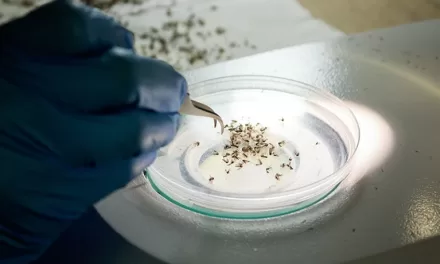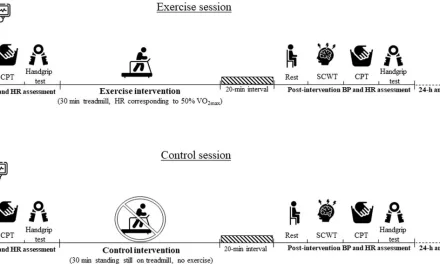Doctors in India are shedding light on a prevalent yet often overlooked health issue affecting millions of women across the country: urinary incontinence. According to medical experts, one in three Indian women experiences urinary incontinence at some point in their lives, but cultural taboos and societal pressures often force them into silence and shame.
Dr. Sarika Pandya, Head of the Female Urology Department at the Asian Institute of Nephrology and Urology (AINU), emphasized the widespread nature of urinary incontinence among Indian women. Despite its prevalence, the condition remains shrouded in secrecy due to societal taboos and a lack of awareness. Dr. Pandya highlighted the detrimental effects of urinary incontinence, which can lead to social embarrassment, restricted daily activities, and even impact intimate relationships. She stressed the importance of breaking the silence surrounding this condition and urged women to seek available treatments without hesitation.
Dr. Banu Priya, Consultant General Physician & Diabetologist at Kamineni Hospital, echoed Dr. Pandya’s sentiments, emphasizing the profound physical and emotional toll of urinary incontinence on its sufferers. Dr. Priya called for an end to the stigma surrounding the condition and urged society to offer compassion and support to women grappling with urinary incontinence.
Dr. Kajaree Giri, Internal Medicine and Consultant Nephrologist at Amor Hospital, highlighted the multifactorial nature of urinary incontinence, which can be caused by childbirth, aging, and underlying medical conditions. Despite its staggering prevalence, Dr. Giri emphasized that many women suffer in silence due to cultural taboos and a lack of awareness about available treatments. She called for proactive measures to confront the issue and provide women with the resources and support they need to reclaim their dignity and autonomy.
The medical community in India is advocating for open dialogue, increased awareness, and policy changes to address the challenges faced by women with urinary incontinence. By fostering a supportive environment and empowering women to seek help, they aim to break the silence and stigma surrounding this common yet often misunderstood condition.










